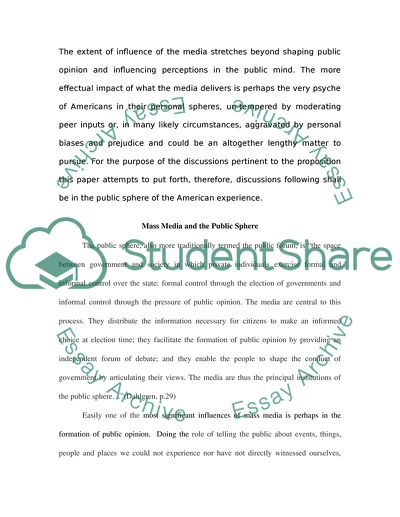Cite this document
(“The New Mass Media and the American Public Essay”, n.d.)
Retrieved from https://studentshare.org/sociology/1550335-the-new-mass-media-and-the-american-public
Retrieved from https://studentshare.org/sociology/1550335-the-new-mass-media-and-the-american-public
(The New Mass Media and the American Public Essay)
https://studentshare.org/sociology/1550335-the-new-mass-media-and-the-american-public.
https://studentshare.org/sociology/1550335-the-new-mass-media-and-the-american-public.
“The New Mass Media and the American Public Essay”, n.d. https://studentshare.org/sociology/1550335-the-new-mass-media-and-the-american-public.


